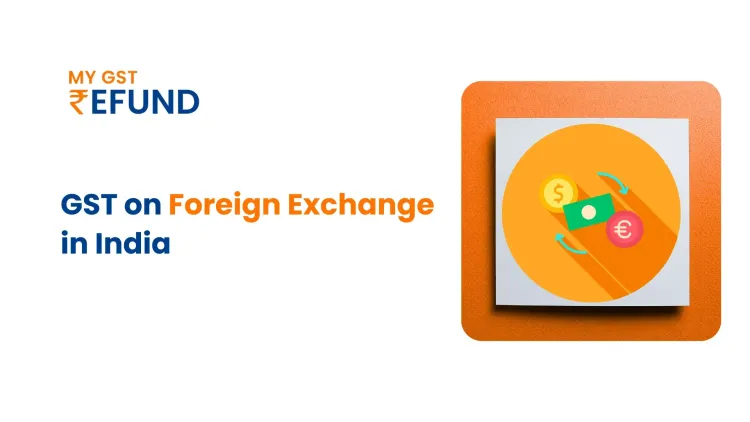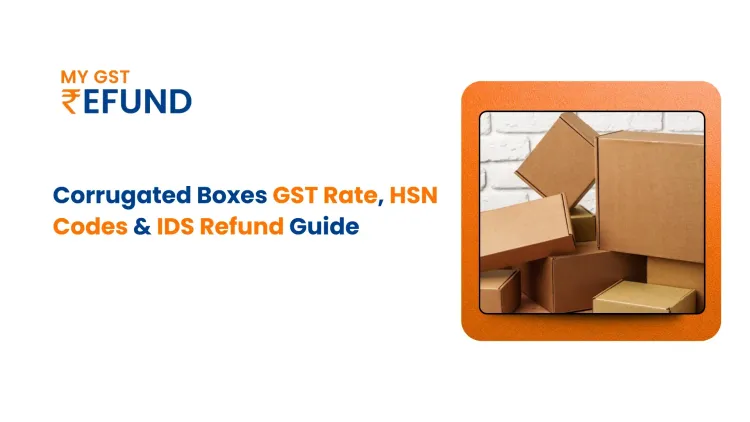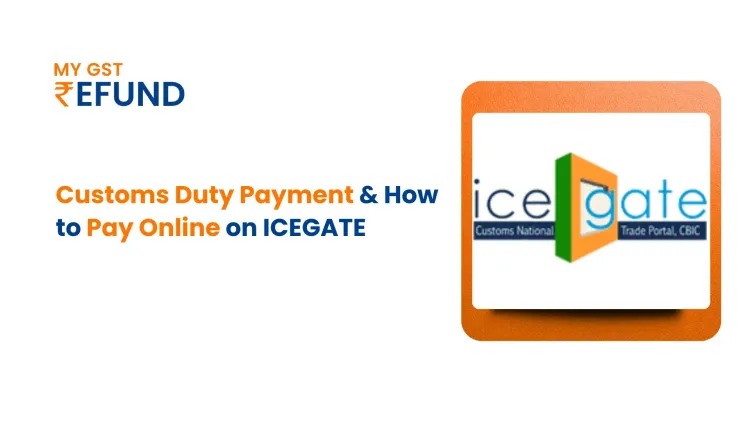GST Fraud and Compliance Enforcement
Published on: Tue Nov 07 2023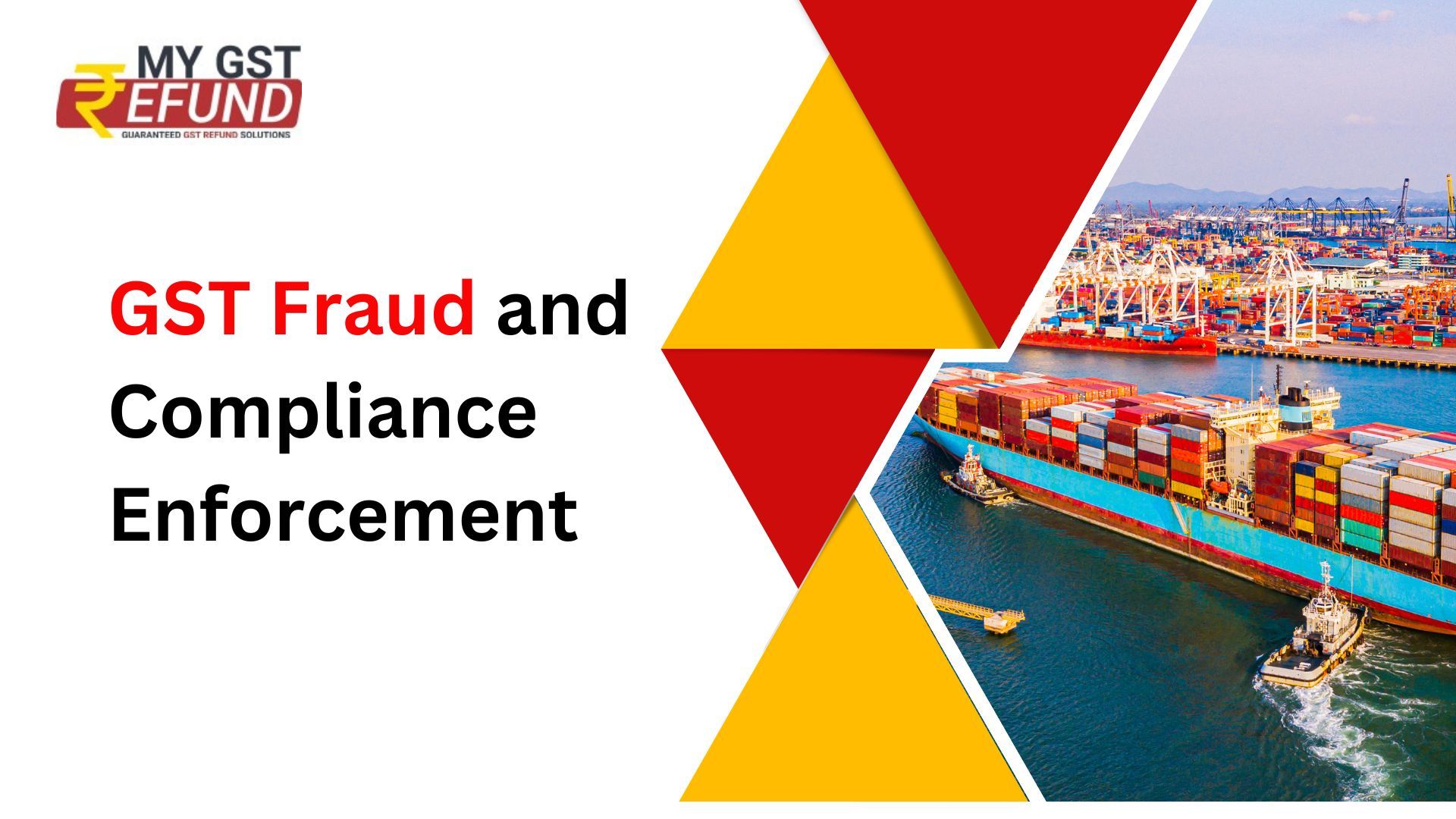
The Goods and Services Tax (GST) system, implemented in many countries, is designed to streamline taxation processes. However, it's also susceptible to fraudulent activities. GST fraud involves various deceptive practices, such as input tax credit fraud, fake invoices, and underreporting of sales.
What is GST Fraud
GST fraud refers to any deliberate act or manipulation aimed at evading tax payments, claiming fraudulent input tax credits, or providing false information to the authorities. This can take various forms, including underreporting of sales, claiming fake invoices, and misclassification of goods or services. GST fraud undermines the tax base and negatively impacts government revenue.
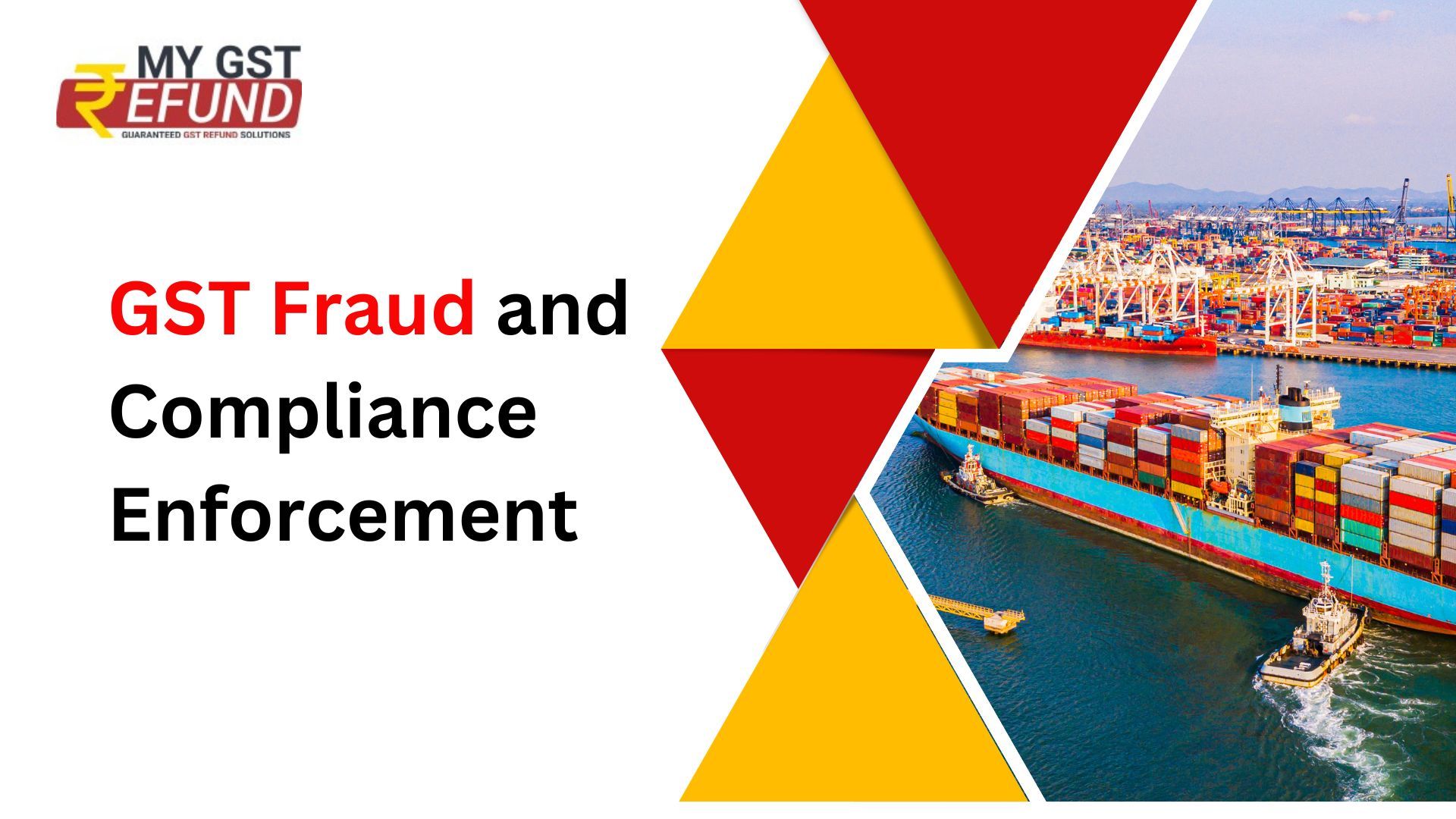
Types of GST Fraud
Some common types of GST Fraud are:
Fake Invoices: One prevalent form of GST fraud involves creating fictitious invoices to claim input tax credit (ITC) on non-existent transactions. Fraudsters issue these invoices to show fictitious purchases and evade taxes.
Underreporting of Sales: Some businesses deliberately underreport their sales to pay lower GST liability. This can be achieved by manipulating sales data, concealing transactions, or not reporting certain sales.
Misclassification of Goods/Services: Misclassification occurs when businesses classify their goods or services under the wrong GST rate, resulting in lower tax liabilities.
Consequences of GST Fraud
Consequences of GST fraud are far-reaching and impact various stakeholders, including the government, compliant businesses, and the economy as a whole. Here are the key consequences of GST fraud:
Revenue Loss: One of the most significant consequences of GST fraud is the loss of government revenue. When businesses engage in fraudulent activities such as underreporting sales, claiming fake invoices, or misclassifying goods or services, they pay lower taxes than they should. This results in a reduction in the funds available for public welfare and essential government services.
Distortion of Economic Data: GST fraud can distort economic data and statistics, making it difficult for policymakers and analysts to assess the true state of the economy.
Erosion of Trust: GST fraud erodes the trust in the tax system. When the public perceives that some businesses are evading taxes or not paying their fair share, it can lead to skepticism and distrust of the tax authorities and the entire tax system. This lack of trust can impact voluntary compliance among taxpayers.
Detection of GST Fraud
To combat GST fraud effectively, the government has implemented various strategies and technologies:
a. Data Analytics: Tax authorities use data analytics and artificial intelligence to identify discrepancies in GST returns, track unusual patterns, and flag potential cases of fraud.
b. E-invoicing: The introduction of e-invoicing ensures that every transaction is reported digitally, making it easier to track and verify transactions.
c. Information Sharing: Collaboration between various government agencies, such as the GSTN (Goods and Services Tax Network) and the Directorate General of GST Intelligence (DGGI), facilitates the sharing of information and intelligence to detect fraud.
GST Compliance Enforcement
The government has taken several measures to enforce GST compliance and curb fraud:
a. Stringent Penalties: Strict penalties and fines have been imposed for non-compliance and fraudulent activities to deter tax evasion.
b. GST Audit: Regular GST audits are conducted to review a taxpayer's records and assess their compliance with GST laws.
c. Reverse Charge Mechanism: The reverse charge mechanism holds the recipient of goods or services liable for GST payments in specific cases, reducing opportunities for fraud.
Legal Action and Prosecution
Legal action and prosecution for GST (Goods and Services Tax) fraud is a crucial part of deterring fraudulent activities and maintaining the integrity of the tax system. When individuals or businesses are found to be involved in GST fraud, various legal measures are taken to hold them accountable. Some of them are:
1. Penalties: GST laws often impose heavy penalties for those found guilty of fraud. These penalties may include fines, interest on the unpaid tax, and the requirement to pay the evaded tax amount.
2. Prosecution: In cases of severe or repeated fraud, individuals or businesses can face criminal prosecution. This may lead to imprisonment, in addition to financial penalties.
3. Amnesty Schemes: Some governments introduce amnesty or voluntary disclosure schemes to encourage individuals or businesses involved in GST fraud to come forward, disclose their activities, and rectify their tax liabilities. This may involve reduced penalties in exchange for cooperation.
The battle against GST fraud and the enforcement of compliance are ongoing endeavors that require a multi-faceted approach. By leveraging technological advancements and strengthening regulatory frameworks, authorities aim to minimize fraudulent activities and foster a more transparent, fair, and compliant taxation ecosystem.
Searching for Expert GST Compliance Services? MYGST REFUND Delivers GST Refunds for Businesses, Exporters, TCS and TDS Refunds, Inverted Duty Structure Refunds, Handling GST Notices, Technical Replies, and More, even if your GST application is rejected. Contact us today to explore your options.
Related Posts


